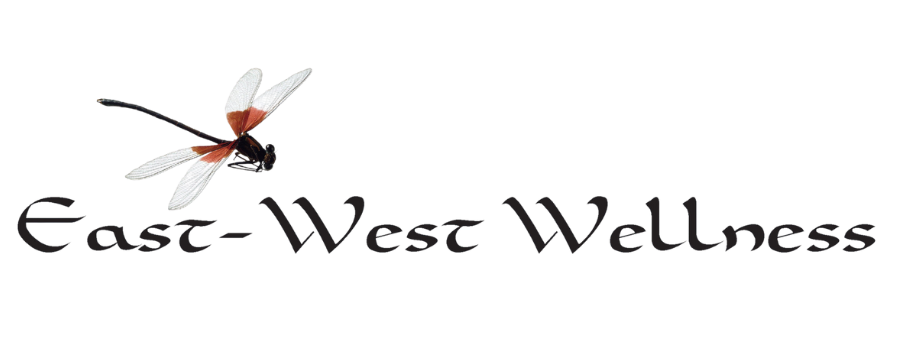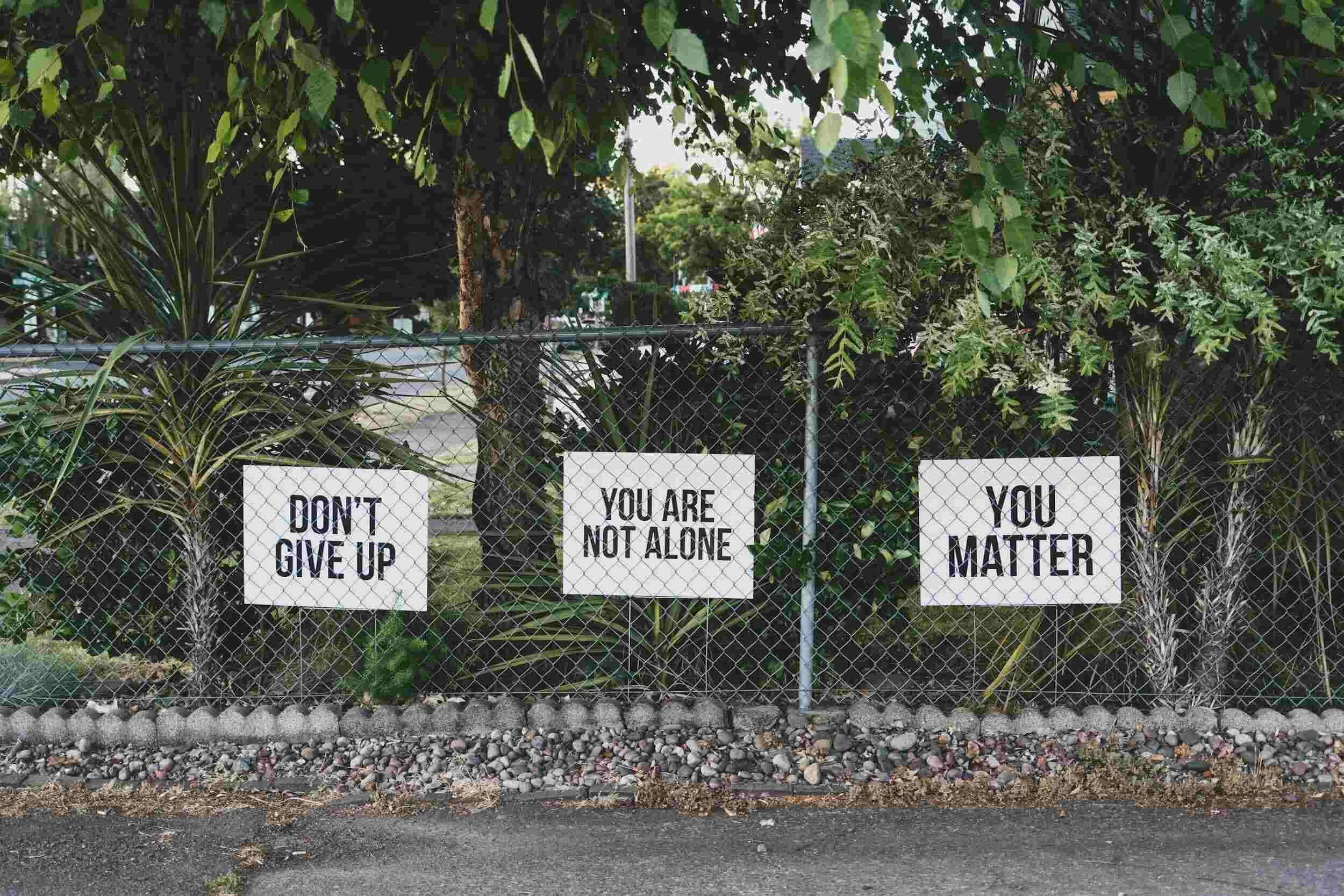From Stress to Strength: Building Resilience
One of my interns recently asked: “How do we improve mental health through nutrition and lifestyle?” She explained that many classmates felt depressed, fearful, and anxious during school. Her observation reflects what we’ve seen worldwide since COVID-19.
This Mental Health Awareness Month, let’s explore not only the impact of the pandemic but also what we can do—individually and collectively—to restore balance.
Mental Health Since COVID
The COVID States Project found depression in U.S. adults has risen 18% compared to pre-pandemic baselines.
A UCLA study showed mental recovery often lags behind physical healing, with anxiety, depression, fatigue, and cognitive difficulties persisting months after infection.
These statistics confirm what many of us feel: isolation, uncertainty, and stress left deep imprints on our nervous systems.
How the Pandemic Reshaped Society
The pandemic was not only a medical crisis—it reshaped connection, politics, and community life.
Isolation disrupted relationships. Time away from school, work, and gatherings pushed many online, where echo chambers and disinformation grew.
Uncertainty fueled instability. Job losses, health fears, and shifting restrictions kept many in “survival mode.”
Public health became political. Masks, vaccines, and lockdowns became identity markers, dividing communities.
Inequities widened. Economic strain and limited access to care hit vulnerable groups hardest.
Global distrust rose. Scrutiny of global institutions fueled polarization and nationalism.
The outcome? Increased anxiety, depression, loneliness, and social fracture. Yet, despite these divisions, one truth remains: we are more alike than different. Healing begins when we strengthen ourselves and rebuild trust in one another.
Supporting Mental Health: Nutrition, Movement, and More
We may not control global forces, but we can nurture resilience through daily practices that stabilize body and mind.
Nutrition for Neurotransmitter Support
Food directly influences neurotransmitters like serotonin, dopamine, and GABA—the brain’s messengers that regulate mood, focus, and calm.
Omega-3s (EPA/DHA): Found in salmon, sardines, walnuts, and flaxseeds; support mood regulation and reduce inflammation.
B vitamins: Whole grains, leafy greens, and legumes provide cofactors for neurotransmitter synthesis.
Magnesium: A “calming mineral” found in pumpkin seeds, spinach, and dark chocolate; supports relaxation and sleep.
Fermented foods & fiber: Sauerkraut, kimchi, yogurt, and fiber-rich plants nurture gut bacteria, which produce neurotransmitters and influence mood.
Trace minerals matter. Zinc, iron, copper, and selenium play essential roles in neurocognitive optimization. For example, zinc supports serotonin function, while iron is vital for dopamine signaling. Even mild deficiencies can affect focus, energy, and mood.
Practical step: Build meals around colorful vegetables, quality proteins, healthy fats, and whole grains. Breakfast is the MOST important meal of the day. And limit ultra-processed foods that destabilize blood sugar and mood.
Movement to Release Stress
Aerobic exercise (walking, cycling, dancing, swimming) reduces anxiety and improves mood by boosting endorphins and neuroplasticity.
Mind-body practices (yoga, tai chi, qigong) regulate the stress response, reduce inflammation, and enhance emotional stability.
Practical step: Aim for 30 minutes of movement most days. Even a short walk outdoors can reset the nervous system. Take it a step further and touch the earth with bare feet to absorb negatively charged electrons that can help balance the body’s electrical charge. This is called “earthing”.
Herbs & Acupuncture for Balance
Adaptogens like ashwagandha, rhodiola, and my favorite holy basil (tulsi) help buffer the effects of chronic stress.
Nervine herbs such as lemon balm, chamomile, and passionflower calm the mind and improve sleep.
Traditional Chinese Medicine uses acupuncture and targeted herbal formulas to restore balance, addressing patterns like liver qi stagnation (frustration, irritability) or heart yin deficiency (restlessness, anxiety).
Practical step: Consult with a trained herbalist or acupuncturist for individualized support.
Sleep & Rest as Medicine
Sleep is one of the most powerful “reset buttons” for mental health. Poor sleep disrupts neurotransmitter function, hormones, and emotional resilience.
Keep a consistent sleep routine—same bedtime and wake time.
Use evening rituals such as herbal teas, screen-free time, stretching and breathwork.
Try acupuncture or mindfulness to encourage deeper rest.
Practical step: Prioritize 7–9 hours of sleep as essential mental health care.
Connection, Kindness & Community
Humans are wired for connection. Strong relationships buffer stress and protect against depression.
Reach out regularly. A phone call, meal, or walk with a friend reinforces belonging.
Practice small acts of kindness. Research shows they lift the spirits of both the giver and the receiver, creating a ripple of positivity.
Speak up with compassion. If you see something that isn’t right, say something—whether to defend fairness, protect others, or challenge misinformation. Silence can deepen division, while kind truth-telling builds trust.
Seek common ground. Listening with openness helps bridge divides that widened during the pandemic.
Practical step: Make time each week to connect meaningfully—quality matters more than quantity.
Technology as a Support Tool
Used mindfully, technology can help us track and improve mental health.
Wearables: Devices like Oura, WHOOP, and Apollo Neuro monitor sleep, stress recovery, and heart rate variability.
Mindfulness apps: Headspace, Calm, or Happify guide meditation and breathwork.
Digital hygiene: Set limits on screen time and news exposure to prevent overwhelm.
Practical step: Use tech as a tool for awareness—not a substitute for rest or real-life connection.
At East West Wellness, we see resilience as both personal and collective. When we nourish ourselves—through food, movement, rest, herbs, and connection—we create stability that ripples outward into families and communities.
The pandemic revealed how deeply health, society, and politics intertwine. But it also reminded us of something more powerful: by strengthening body, mind, and spirit, we reclaim our agency and rebuild trust—starting with ourselves.
Moving Forward Together
This October, during Mental Health Awareness Month, let’s recommit to daily practices that support well-being:
Choose nourishing foods that stabilize brain chemistry.
Move your body—release stress and build resilience.
Prioritize deep, consistent sleep.
Explore herbs, acupuncture, or mindfulness.
Practice kindness and meaningful connection.
Speak up when something isn’t right.
Use technology wisely, as a supportive tool.
By tending to these foundations, we create steadiness within ourselves that can ripple outward—even when the world feels unsettled.
Resilience begins with the small steps we take every day. Even in a world that feels unsettled, steadiness and healing begin from within.




